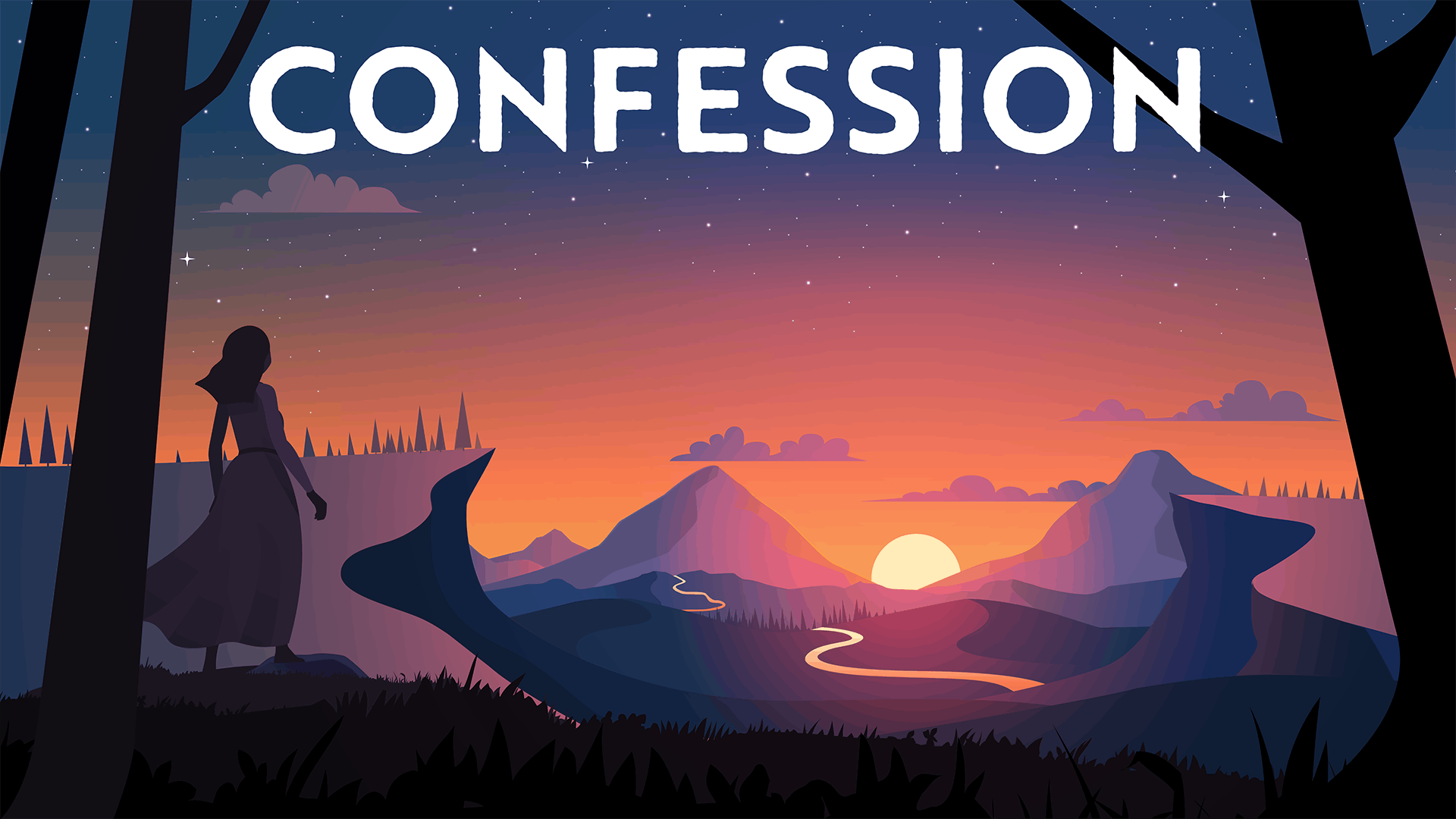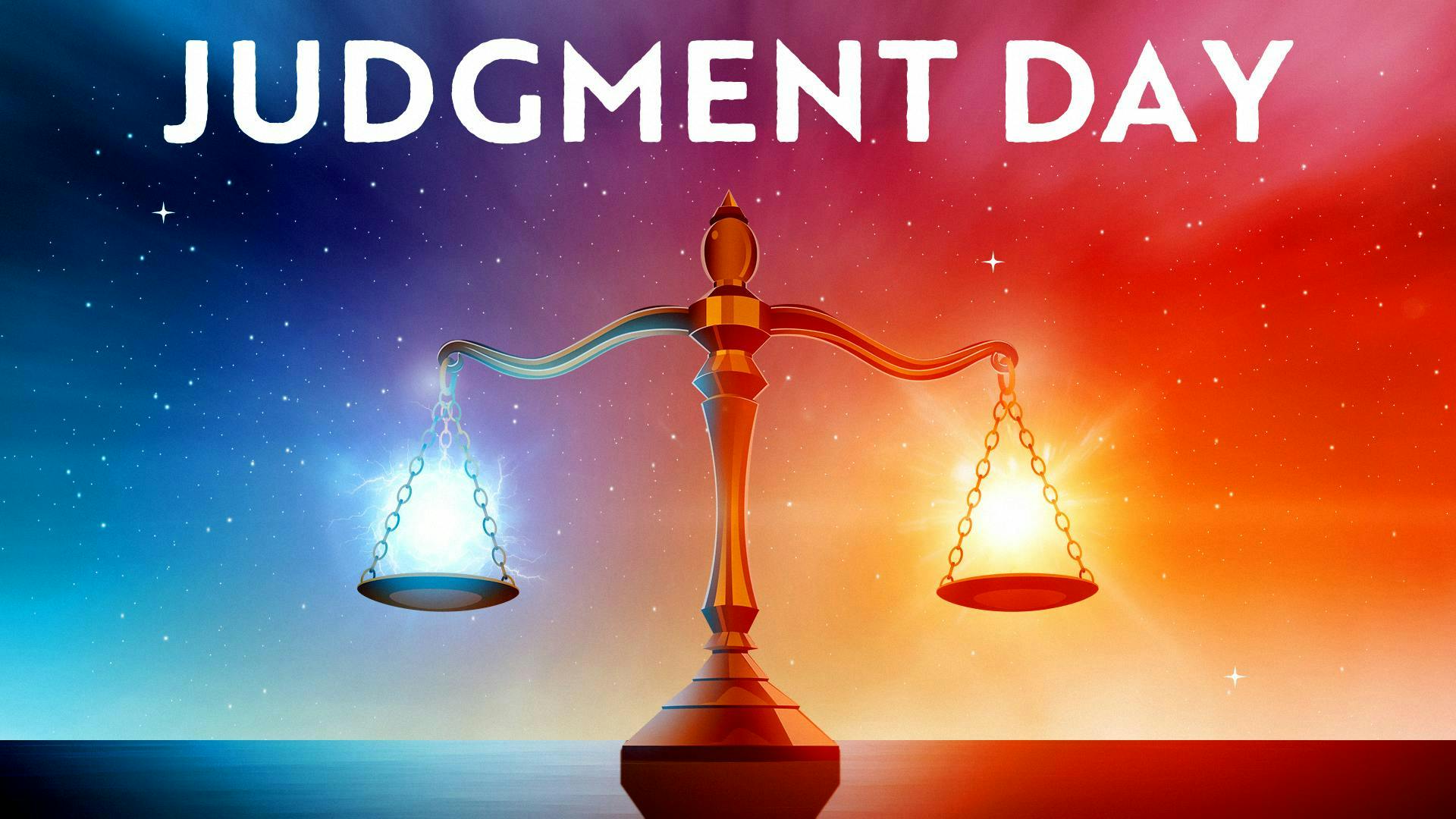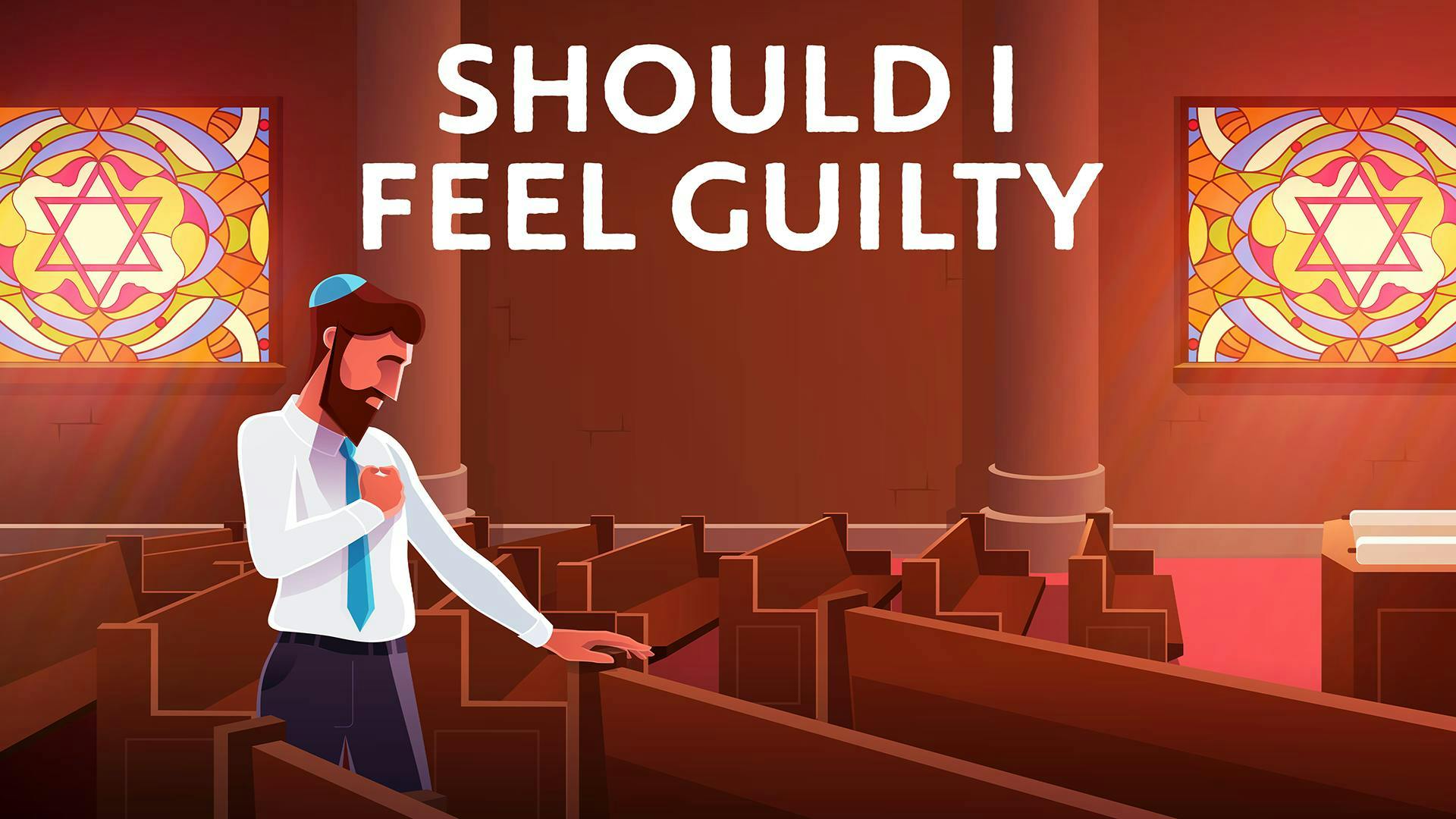D’var Torah for Pesach
The Real Reason We Eat Matzah on Passover
By Sarah Rashba | 13 February 2024 | 4 Minute Read

Looking for more?
We have hours of delightful videos and podcasts to enhance your Yamim Noraim experience.
What Does Unleavened Bread Signify?
Why do We Eat Matzah?
Ask someone why we eat matzah on Pesach, and you’ll probably hear that we eat it to remember what happened during the Exodus, when we were in a hurry to leave Egypt. The story is right there in the text:
וַיֹּאפוּ אֶת־הַבָּצֵק אֲשֶׁר הוֹצִיאוּ מִמִּצְרַיִם עֻגֹת מַצּוֹת כִּי לֹא חָמֵץ כִּי־גֹרְשׁוּ מִמִּצְרַיִם וְלֹא יָכְלוּ לְהִתְמַהְמֵהַּ וְגַם־צֵדָה לֹא־עָשׂוּ לָהֶם׃
And they baked unleavened cakes of the dough that they had taken out of Egypt, for it was not leavened, since they had been driven out of Egypt and could not delay; nor had they prepared any provisions for themselves. (Exodus 12:39)
That seems like a pretty straightforward explanation: We were in such a rush that we just took whatever food we could with us, even raw bread dough. And because the dough didn't have time to rise, we had to bake it into cracker-like matzah, instead of fluffy, doughy chametz bread.
But there is something very strange about this story of matzah we’ve heard since we were kids, because we actually ate matzah the night before we even left Egypt!
Which Came First: the Matzah or the Exodus?
Let’s look at that story of history’s first Pesach night, which comes right before our well-known matzah narrative. God tells us to slaughter the korban Pesach, the Passover offering that needs to be consumed in each Israelite home on the night before the Exodus. And here is how God says it should be eaten:
וְאָכְלוּ אֶת־הַבָּשָׂר בַּלַּיְלָה הַזֶּה צְלִי־אֵשׁ וּמַצּוֹת עַל־מְרֹרִים יֹאכְלֻהוּ׃
They shall eat the flesh that same night; they shall eat it roasted over the fire, with unleavened bread and with bitter herbs. (Exodus 12:8)
In other words, God commanded us to eat matzah as part of the original Pesach seder. But hang on a second! At this point, we’re still in our homes in Egypt. Nobody has had a chance to leave. So how could we be eating matzah? According to the “we left in haste, so the dough didn’t rise” story, matzah hasn’t even been invented yet!
When I first realized this, I felt robbed of my childhood memories, but more importantly, I realized that our initial matzah explanation doesn’t account for the full story.
What Makes Matzah so Important in the First Place?
So now we’ve realized that matzah was featured on the very first Pesach night, even before the “dough didn’t rise” part of the story. Apparently, there's just something about matzah that makes it super important for celebrating this holiday meaningfully. And you know what underlines the meaningfulness of matzah even more? Having to kick all the leavened bread out of our houses. You see, the Torah gives us two separate commandments, right in the same verse.
שִׁבְעַת יָמִים מַצּוֹת תֹּאכֵלוּ אַךְ בַּיּוֹם הָרִאשׁוֹן תַּשְׁבִּיתוּ שְּׂאֹר מִבָּתֵּיכֶם
Seven days you shall eat unleavened bread; on the very first day you shall remove leaven from your houses (Exodus 12:15)
There’s a commandment to eat matzah, and a second commandment to get rid of all chametz. Did you ever think about how strange that is? Here’s what I mean by that. If matzah is so meaningful, you’d think that it would be enough to say: “Celebrate the Passover holiday by eating matzah.” But no, it’s not good enough to eat unleavened bread for Pesach – we also have to get rid of all the normal, everyday, leavened bread.
To see why this feels so weird, try this little thought experiment. We eat bitter herbs at the Seder, right? Is there a requirement to get rid of all our spinach, broccoli, and cucumbers on Passover, and ONLY eat bitter herbs? Nope! So…what’s the deal with getting rid of all the chametz bread, and ONLY eating matzah?
Questions to Discuss on Seder Night
We started out to answer the question “Why do we eat matzah on Pesach?” and found out it wasn’t so simple to answer. In fact, we ended up with more questions along the way. Let’s sum up the questions on the table:
- What’s the real reason for eating matzah?
If it’s not because we left Egypt in haste, then why are we commanded to eat matzah on this holiday? What makes it so meaningful?
- Why do we need to get rid of all chametz at Pesach?
Wouldn’t it be enough just to celebrate the holiday with matzah?
Unlocking the Mystery of Matzah vs. Chametz
Share These Ideas on Seder Night!
Here’s an idea for your Seder: Print out these questions and bring them to the table. See what ideas your guests come up with. And please write to let us know how the conversation goes! For our take on the deep significance of eating matzah and getting rid of chametz, you’ll want to check out the link below.
More Passover Videos
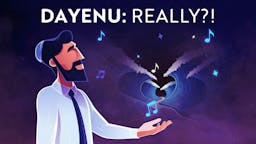
Dayenu In The Pesach Haggadah
Video • 1 hour, 21 min
Singing Dayeinu: Would It Really Have Been Enough? What do the lyrics of Dayeinu song really mean?
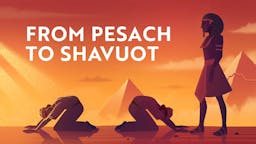
From Pesach to Shavuot: Did God Free Us Just to Make Us Serve Him?
Video • 31 min
Why did God begin the Ten Commandments by declaring, “I freed you from Egypt.” Is He buying our obedience? Or is there a deeper message to this first command… and what can it tell us about the exodus story?
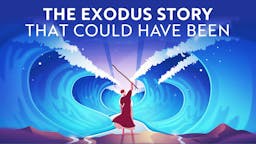
The Exodus Story That Could Have Been
Video series • Part 1 of 5 • 13 min
The Exodus story ends in carnage for the Egyptians, and in glorious salvation for the Israelites – but could this story have ended differently? Could the Egyptians also have lived happily ever after? Rabbi Fohrman thinks we can find the answer by noticing some uncanny resemblances to another biblical story. Join us as we explore a new way of reading the Exodus story.
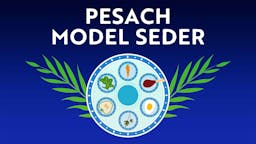
Pesach Model Seder
Video • 1 hour, 23 min
Rabbi Fohrman and CEO Imu Shalev sit together on Zoom to discuss fresh ideas for your Seder.
More Passover Guides
What Is the Passover Seder?
Printable Guide
Every year, people around the world join together in a unique Jewish ritual – the Passover Seder. Part prayer service, part history lesson, and part delicious Passover meal, the Jewish Seder has something for everyone. Keep reading to discover what the Seder has to offer you.
Ma Nishtana
Printable Guide
As Passover nears, Jewish children all over the world carefully practice reciting the Four Questions. They are preparing to stand before family and friends at the Seder and ask: Ma Nishtana? Why is this night different? Why do we have kids recite the Four Questions? How did our Sages choose these four questions specifically? Why ask four questions, and not five or three? And do the Four Questions have four answers – or only one? Scroll down to find out.
How To Read The Pesach Haggadah
Printable Guide
Reading the Haggadah is one of many rituals of the Pesach Seder – but it can be difficult to read. Sometimes we mumble our way through it, without real comprehension. This Haggadah outlines guides you through the important messages in Maggid.
Is Chametz About Passover...Or The Tabernacle?
Printable Guide
A self-study guide for: Is Chametz About Passover...Or The Tabernacle?
What is Aleph Beta?
Aleph Beta is a unique kind of Torah library. Led by our founder, Rabbi David Fohrman, we are dedicated to high-level, textual Torah learning for adults that is intellectually and spiritually sophisticated, that enlivens your Jewish practice and helps you forge a deeper connection to God. Whether you’ve been learning in yeshiva for years or you’re just beginning your Torah journey, you’re sure to find something meaningful and surprising waiting for you here.
Browse our library of over 1,000 beautifully produced animated videos, podcasts, deep dive courses, and printable guides. Topics include the weekly parsha, Jewish holidays & fast days, laws & mitzvot, prayers, relationships, big philosophical ideas and more. Have something to say at the Shabbos table that will amaze your family and guests and bring deep meaning into their lives.
